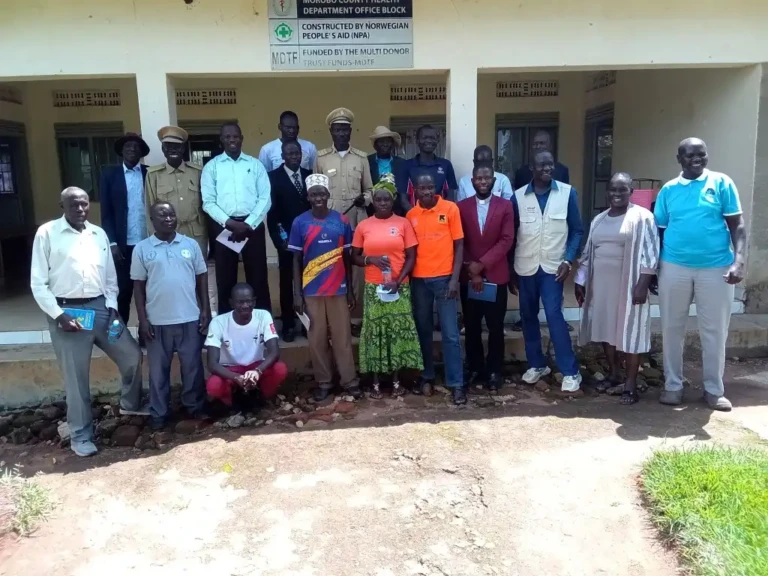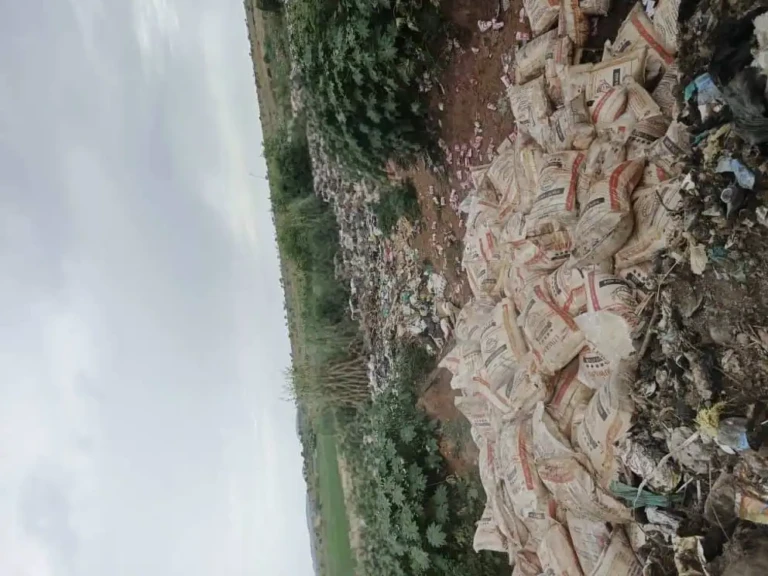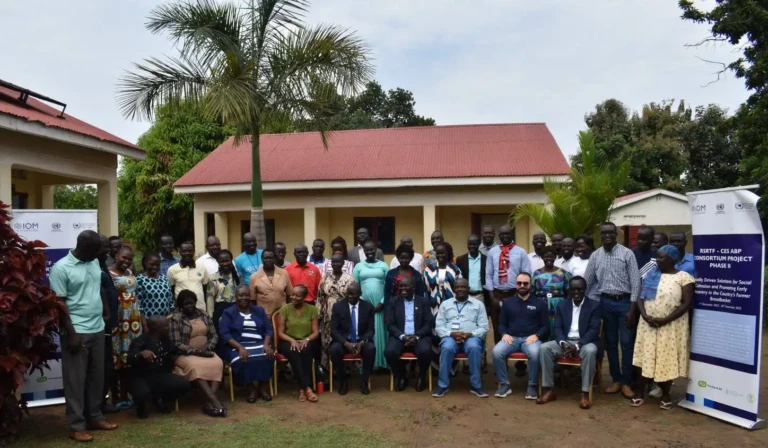
(Elegu) – Authorities in Uganda’s Amuru District are on high alert following a confirmed outbreak of cholera in Nimule Township, South Sudan, located just across the border from Elegu Town Council. The outbreak, which began on June 7, has so far claimed three lives and raised serious concerns among public health officials due to the heavy cross-border movement of people and goods in the area.
Cholera is a severe diarrheal illness caused by consuming food or water contaminated with Vibrio cholerae bacteria. It can lead to rapid dehydration and death if not treated quickly. Local officials in Nimule have reported 12 confirmed cases since the start of the outbreak. Two patients are currently undergoing treatment, while 10 others have been discharged.
Nimule Township borders Uganda’s Elegu Town Council, one of the busiest points of entry and exit between Uganda and South Sudan. Every day, the area sees a high volume of travelers, traders, and cargo transporters. Amuru District health officials are concerned that this movement—combined with poor sanitation conditions at the border—could contribute to the spread of the disease into Uganda.
Dr. Alfred Okello, the Amuru District Health Officer, told Uganda Radio Network that a surveillance team has been deployed to monitor the Elegu border following the outbreak in Nimule. While no cholera cases have been reported on the Ugandan side as of now, he emphasized the need for heightened alertness and early response.
“This is like an alertness that we want to have because we have an outbreak on the other side of Nimule. So we are saying, as a district, as a country, we should be on high alert because any time we shall be having cases of cholera,” said Dr. Okello.
According to Dr. Okello, the health department in Amuru received an official communication from Nimule authorities alerting them to the risk of transmission. In response, community sensitization efforts have been launched, especially in Elegu Town Council. Residents are being encouraged to follow basic hygiene practices, such as regular handwashing, safe food handling, and the use of clean water.
Dr. Okello is also calling on health stakeholders to support awareness campaigns and provide resources that could help prevent the disease from crossing the border. He emphasized the importance of public cooperation in early detection and prevention.
Geoffrey Osborn Oceng, the Amuru Resident District Commissioner, issued a public statement urging border communities to remain vigilant and report any symptoms of cholera—such as vomiting and diarrhea—to nearby health officials.
“We call upon all individuals in the border community to remain vigilant and report any signs of vomiting or diarrhea to Port Health authorities without delay. Your health is your wealth, and together, we can prevent the spread of cholera,” Oceng’s statement read in part.
Oceng also reminded residents and travelers to follow all public health guidelines, including restrictions on roadside food vending and maintaining proper sanitation. He confirmed that the district, in collaboration with the Ministry of Health, is working to secure rapid diagnostic test kits (RDTs) for quick detection and response to any suspected cases.
Amuru District has experienced cholera outbreaks in the past. In February 2024, four cases were confirmed among South Sudanese asylum seekers who entered Uganda through the Elegu border point. These previous cases prompted a temporary tightening of border health screening procedures.
Nearby Lamwo District also faced a cholera outbreak earlier this year. In April, local health authorities managed to contain the disease, which had killed one person and infected 106 others in Agoro Sub-county. The outbreak, first detected in January, affected several parishes, including Ngacino, Poba, Laruc, Lopulingi, Lorunya, and Pawac.
As of mid-June 2025, Uganda uses the Ugandan Shilling (UGX), which currently trades at approximately 3,800 UGX to 1 USD. No specific local currency amounts were cited in the current response, but any public health expenditure or fines related to the outbreak would be calculated with this conversion in mind. For example, a 100,000 UGX fine would be equivalent to about $26.32 USD.
Amuru officials stress that prevention is still the most effective strategy and are calling for increased vigilance and cross-border collaboration to protect both Ugandan and South Sudanese populations from further cholera spread.
Discover more from Access Radio Yei News
Subscribe to get the latest posts sent to your email.






